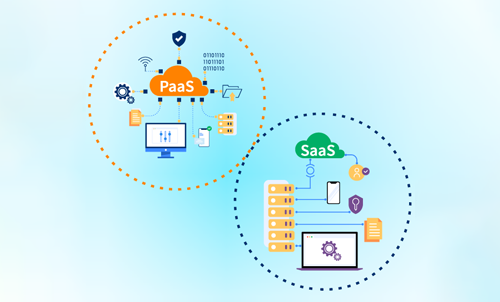
Choose the right pathway to transform operations and drive growth
Platform vs. Point Solution
While both options aim to enhance risk management and operational efficiency, their flexibility and scalability vary considerably. The 'right' choice depends on the organisation, offering the potential to tailor a solution exactly to a business's needs without the hefty investment of custom in-house tools. The 'wrong' choice increases the risks of data silos across departments, strains on IT and a slower rate of adoption.

Platform: Scalable and holistic
Easy to scale
Encourages collaboration
Long term cost effectiveness
Implementation considerations
Understand security
Managing change
Point Solutions: Single-minded and focused
Ease of implementation
Less expense
Fewer risks
Scalability
Cost of IT and administration
Limited integration capabilities
Select an approach that supports your organisation’s goals and growth trajectory
As organisations consider this decision, the emphasis is not only on mitigating risks effectively today but also on preventing unforeseen challenges before they arise. The choice between adopting an all-encompassing platform or one of more single focused point solutions requires considerations such as your business’s digital transformation journey, existing technology architecture, productivity dependencies, financial considerations, IT bandwidth and expansion plans.
Pressures to stay compliant and reduce fraud demands a responsive risk management strategy. LexisNexis Risk Solutions, with its robust suite of point solutions available via its risk orchestration platforms recognises the need for flexibility in addressing the diverse needs of businesses.
Our ebook "What is Risk Orchestration?" looks to help organisations of all sectors and sizes transform their business operations, drive growth and reduce costs with an integrated approach.
